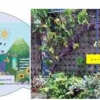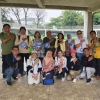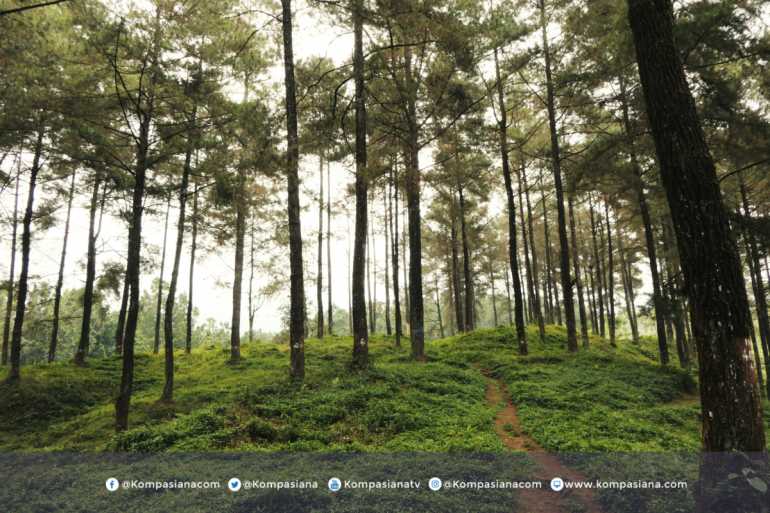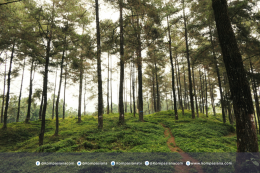The greatest challenge confronting human civilization in the 21st century is how to sustain economic development and, at the same time, maintaining the carrying capacity and quality of natural ecosystems. Indeed, sustainable development of our times is at a cross-road.
On the one hand, we are obliged to utilize our Earth's natural resources and environmental services to fulfill the ever increasing human demand for food, clothing, medicines, construction materials, energy, minerals, housing, industry, agriculture, tourism, and infrastructure.
Moreover, development of natural resources including fisheries, forest, oil and gas, coal, and various minerals have also been used as a means for generating economic growth and employment opportunities to increase people prosperity. This is especially true in developing or poor countries.
On the other hand, as a result of reckless industrialization and economic development; pollution, depletion of natural resources, biodiversity loss, and other environmental degradation in many parts of the world have reached a level which threatens the carrying capacity of natural ecosystems to support further economic development. Even more alarming is the repercussions of global climate change.
If we fail to significantly reduce the emission rate of CO2 and other green-house gases lower than the assimilative capacity of the Earth's atmospheric system, then the negative impacts of global warming such as sea level rise, ocean acidification, heat waves, uncertain climate patterns, and disease outbreaks would be unmanageable. At this juncture, global climate change not only jeopardizes economic development but also could be a serious threat to the existence of human civilization itself.
There are now about 7.4 billion people on Earth, roughly 9 times the 800 million people estimated to have lived in 1750, at the start of the Industrial Revolution. And, the world population continues to rise by around 75 million people per year. Soon enough there will be 8 billion people by the 2020s, and perhaps 9 billion people by the early 2040s.
This burgeoning global population is looking for their foothold in the world economy. The poor are struggling to meet their basic needs including food, potable water, clothing, shelter, and health care for mere survival. Those just above the poverty line are looking for improved prosperity and a brighter future for their children. Those in high-income countries are expecting that technological advances will offer them and their families even higher levels of wellbeing. It seems that the super-rich citizens also jostle for their place in the world's ranking of richest people on Earth.
In short, 7.4 billion people are demanding economic improvement. They are doing so in a world economy that is increasingly interconnected through technologies especially information and communication, trade, finance, production flows, migration, and social networks.
The scale of the world economy, now estimated to produce US$ 90 trillion of output per year (a sum called the Gross World Product or GWP) is unprecedented. Statistically, the GWP measures at least 200 times bigger than back in 1750 (SDSN, 2016).
Honestly, such a comparison is difficult to make, since much of the world economy today consists of goods and services which did not even exist 250 years ago. What we know is that the world economy is vast, growing rapidly by 3 - 4 percent per year, and highly unequal in the distribution of income within countries and between countries. Our world now days is of fabulous wealth and extreme poverty.
Billions of people enjoy longevity and good health unimaginable in previous generations, yet at least 1.5 billion people live in such abject poverty that they struggle for mere survival every day. The poorest of the poor face the daily life-and-death challenges of insufficient nutrition, unsafe housing, lack of health care, and the lack of safe drinking water and sanitation.










